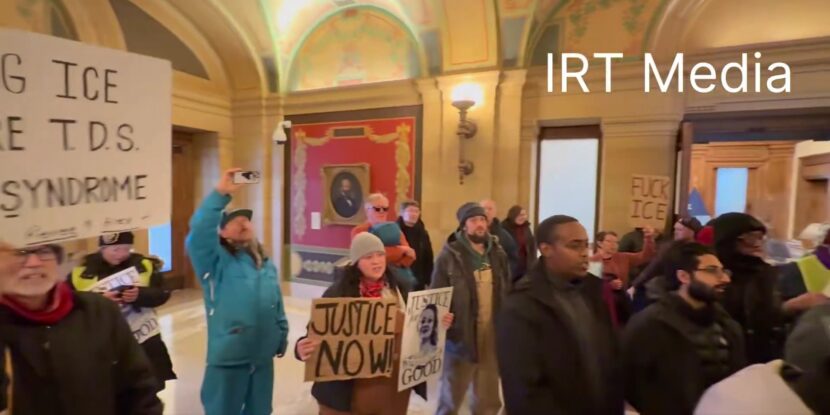PULSE POINTS:
❓What Happened: Arizona has established a Strategic Bitcoin Reserve by enacting House Bill 2749.
👥 Who’s Involved: Governor Katie Hobbs (D), State Representative Jeff Weninger (R), Satoshi Action Fund, and cryptocurrency exchange Coinbase.
📍 Where & When: Arizona, with the bill signed into law on Thursday, May 8, 2025.
💬 Key Quote: “Arizona just showed the country how to turn forgotten assets into a fortress against inflation,” said Dennis Porter, CEO of the Satoshi Action Fund.
⚠️ Impact: The law aims to transform unclaimed state assets into appreciating digital stores of value, positioning Arizona as a leader in digital asset management.
IN FULL:
Arizona has taken a significant step into the digital financial realm by establishing a Strategic Bitcoin Reserve, becoming the second state in the U.S. to do so. Governor Katie Hobbs (D) signed House Bill 2749 into law on May 8, 2025, officially launching the Arizona Bitcoin & Digital Assets Reserve. This innovative legislation redirects profits from unclaimed property into Bitcoin and other leading digital assets.
The bill, championed by State Representative Jeff Weninger (R), introduces a strategic approach to managing idle state assets. It includes provisions for using interest and staking rewards from abandoned property to fund acquisitions, while ensuring strong diversification rules to prevent Bitcoin from dominating the state’s investment portfolio. The law mandates U.S.-regulated custody for these assets and outlines clear steps for implementation, allowing the state to begin purchasing digital assets.
Dennis Porter, CEO and Co-Founder of the Satoshi Action Fund, a key advocate for the bill, praised the move. “Arizona just showed the country how to turn forgotten assets into a fortress against inflation,” Porter stated. He emphasized that the law converts dormant dollars into “digital gold” without impacting taxpayers.
Cryptocurrency exchange Coinbase also played a crucial role by providing expert testimony, which helped legislators understand the financial and technological implications of Bitcoin-based reserves. This support was pivotal in overcoming legislative hurdles and securing bipartisan backing for the bill.
The law aligns Arizona with New Hampshire in utilizing idle state assets as potentially appreciating stores of value, aiming to safeguard the treasury without raising taxes or dipping into the general fund. Representative Weninger highlighted the legislation’s importance, stating, “Digital assets aren’t the future—they’re the present.” He underscored the law’s role in ensuring Arizona doesn’t leave value on the table and positions the state to lead in digital currency management.
The National Pulse reported in March that President Donald J. Trump laid out key details of his plan to establish a national Bitcoin reserve, issuing an Executive Order creating a federal government reserve of Bitcoin with the goal of retaining an estimated 200,000—mainly sourced through cryptocurrency assets already seized by federal agencies in criminal proceedings.




















